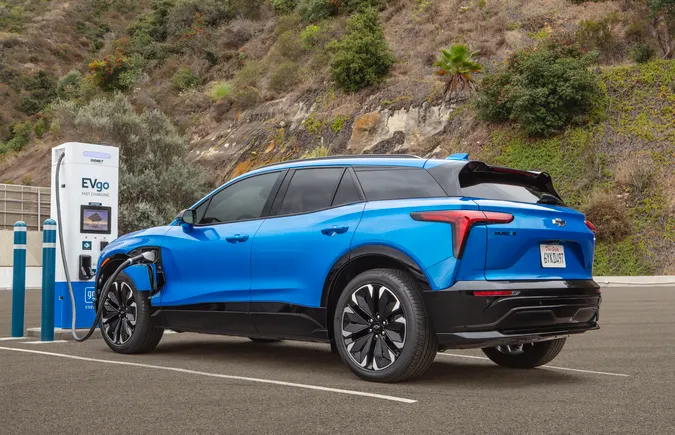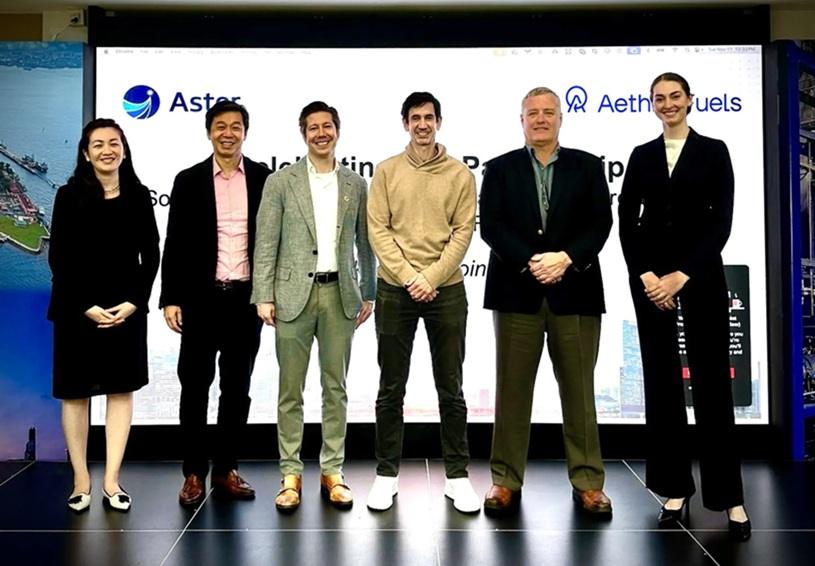The race to dominate the electric vehicle (EV) market is intensifying, yet regulatory uncertainty in the U.S. poses a significant barrier to achieving robust adoption rates. As highlighted by the EY Mobility Lens Forecaster, the anticipated growth in domestic EV purchases may be undermined by the potential elimination of incentives, which are crucial for enticing consumers. This situation raises critical questions about the U.S.'s ability to compete with countries like China, where government support and clear regulatory frameworks have accelerated EV adoption. The lack of a cohesive strategy in the U.S. could hinder not only market growth but also the broader transition to sustainable transportation, impacting both manufacturers and consumers alike.
To navigate this landscape, stakeholders must advocate for stable and supportive policies that encourage EV adoption. The report emphasizes the importance of maintaining incentives to foster consumer interest and drive sales, which are essential for scaling production and reducing costs. Key insights suggest that a collaborative approach between government and industry can create a more favorable environment for innovation and investment in EV technology. By addressing regulatory challenges and reinforcing consumer confidence, the U.S. can position itself as a formidable player in the global EV market, ultimately contributing to a more sustainable future.









